Choosing your subjects

Choosing the right subjects for your GCSEs, A Levels or university course might seem like a daunting task, especially with so many options available. You might not have even thought about what career interests you yet, and that’s okay. However, it can be useful to understand how subjects connect to the world of work, to give you an idea of your future career paths. Here, we discuss three ways the skills and experience you’ve gained from doing your DofE can help you pick your options.
– Choosing your options
What activity have you enjoyed doing, learnt a lot from or are good at? Maybe this could be part of a future job? From science to scientist, photography to photographer, journalism to reporter – the connection between your DofE sectional activities and different career paths is clear.
There are a number of Award holders who have continued one of their sectional activities for their career – take a look at Jon, for instance. So, if you love playing an instrument and would like to be a musician, what about studying music? Or how about using your passion for a particular activity – such as dance, sports or first aid – to inspire others?
– Think about your future career
Think about what connections you can make with the subjects you’re interested in and areas of work. For example, studying criminology could lead to roles in the police or law, such as a detective, solicitor or prison officer.
Do you know what skills you need for your studies? For criminology, admissions officers not only look out for individuals who can demonstrate an interest in the subject area but also problem solve, make decisions and communicate with others. These are all skills you’ve gained or are gaining from doing your DofE, so remember to include them in your college application, UCAS personal statement and CV – helping you stand out from the rest. Visit the LifeZone for tips on how to make the most of your DofE.
– Ask for help
Don’t forget to speak to your family, school or college for advice when you’re making your subject choices. It’s good to talk to a range of people to get different views.
If you’re thinking of going to university, visit the UCAS website which gives help on choosing subjects for university.
If you haven’t completed all of your DofE sections yet and would like to have a go at an activity that relates to a particular subject or career path you have in mind, then check out our Opportunity Finder for inspiration or speak to your DofE Leader who can help you find an opportunity in your Region/Country. Alternatively, you could do some background reading or watch some lectures online or try out some relevant work experience. This can give you a taster of what to expect and help you decide if it’s really right for you.
Remember: make sure you allow plenty of time to make your decision. It’s important to be certain of your choice, but if you do find you’ve made a mistake there’s always the possibility of switching subjects or courses once you start or to take a different route later on in your career.




